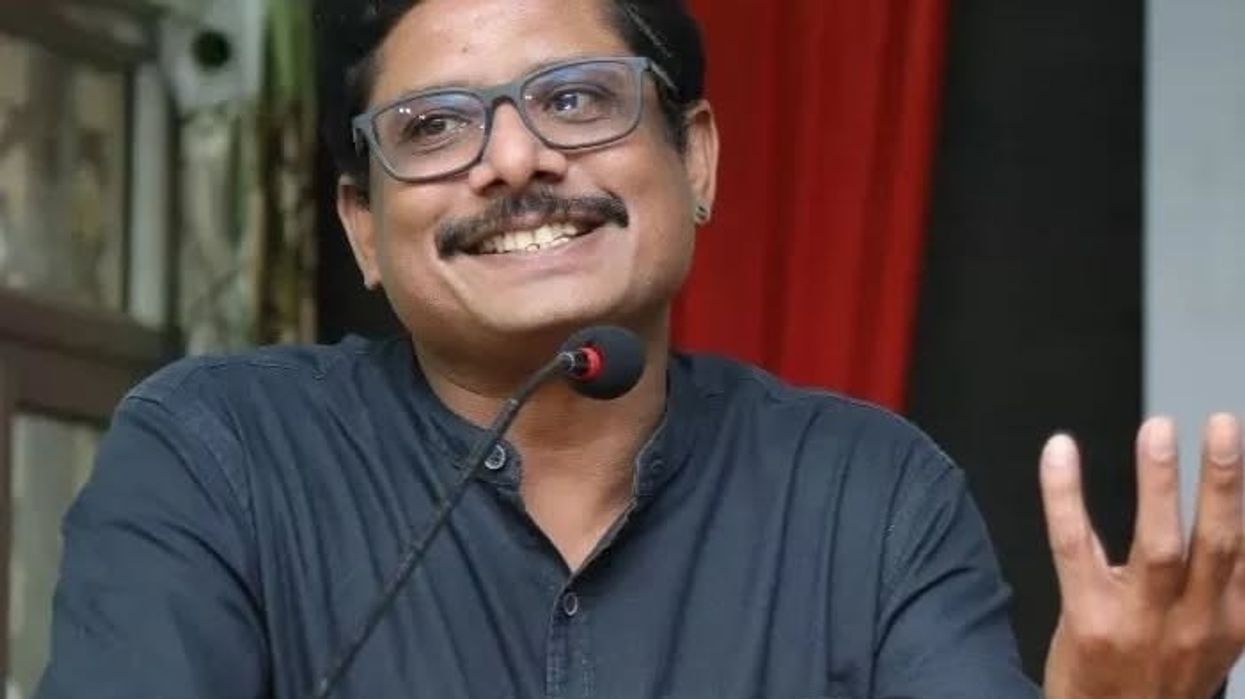Tamil film industry is left in shock as actor and filmmaker Manoj Bharathiraja passed away at the age of 48. The son of veteran director Bharathiraja suffered a fatal heart attack at his residence in Chennai on March 25. His sudden demise has left fans and colleagues deeply saddened.
Born in 1976, Manoj Bharathiraja followed in his father’s footsteps and built a career in Tamil cinema. He made his acting debut in the 1999 film Taj Mahal, directed by Bharathiraja himself. Over the years, he appeared in notable films such as Alli Arjuna, Samudhiram, Varushamellam Vasantham, and Eeswaran.

Apart from acting, Manoj had a strong interest in direction. Before stepping into the limelight, he studied theatre arts at the University of South Florida and later assisted renowned filmmakers, including Mani Ratnam and Shankar. He worked as an assistant director on Bombay and Enthiran. In 2023, he made his directorial debut with Margazhi Thingal, a film produced by his father that received critical acclaim.
Manoj married actress Nandana in 2006, and the couple had two daughters, Arthika and Mathivadhani. He was known to keep his personal life away from the public eye, focusing instead on his passion for cinema.
Reports suggest that Manoj had recently undergone bypass surgery and was recovering at home when he suffered a heart attack. His manager confirmed that he passed away in the evening, sending shockwaves across the industry. His father, Bharathiraja, was on his way to his residence when the news broke.
Condolences flooded social media as celebrities, politicians, and fans expressed their grief. Tamil Nadu Chief Minister M.K. Stalin extended his condolences, recalling Manoj’s contributions to Tamil cinema. Veteran composer Ilaiyaraaja shared his sorrow, remembering the close bond he had with Bharathiraja’s family. Actor-politician Khushbu Sundar and director Venkat Prabhu also took to social media to express their shock and grief.
Manoj’s passing is a significant loss to the Tamil film industry. His journey as an actor and director may have been cut short, but his work remains a proof to his passion for cinema. May his soul rest in peace.





